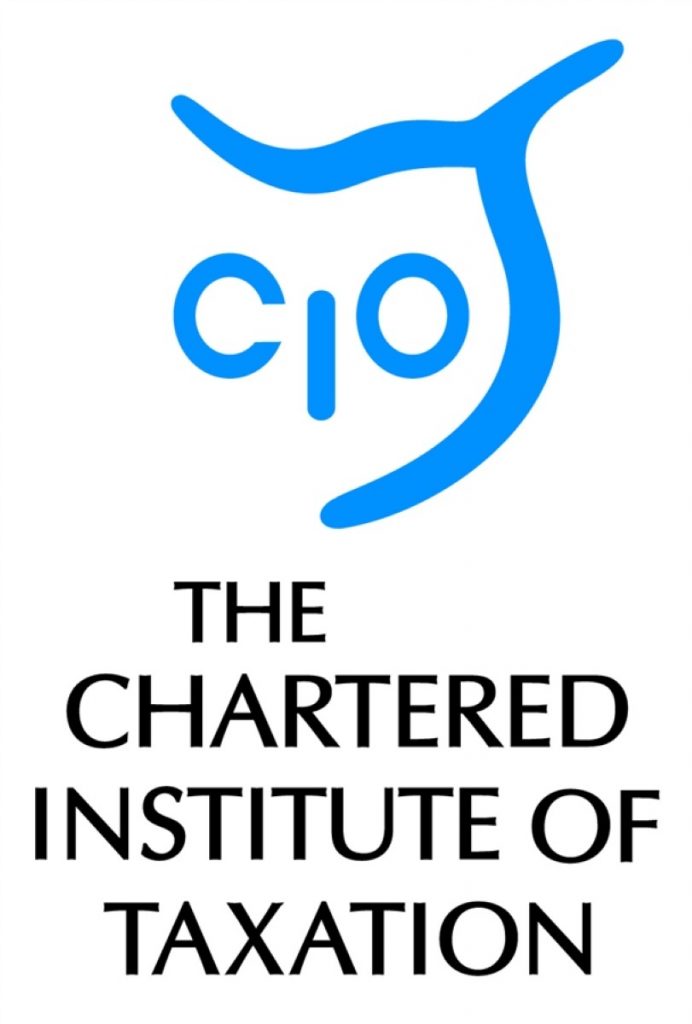CIOT: Serious concerns for business over universal credit proposals
The Chartered Institute of Taxation (CIOT) is warning that there are big practical problems with the Government’s plans for universal credit. These include extra burdens on business, deadlines that many will find impossible to meet and calculations of ‘income’ that are biased towards the Exchequer.
Specifically, there is:
A new and burdensome requirement on self-employed people to report their transactions monthly, within only seven days of their month end, if they might be eligible for universal credit, and to do so using a different method of calculating their earnings than is used for tax purposes. Under the current tax credit system – which universal credit will replace – eligibility can be judged annually, generally using the same records that are produced for a tax return.
No recognition for cash payments in excess of receipts, on a month by month basis. Unlike under the current basis for tax credits, if someone has, say, expenditure on stock of £5,000 in January and cash receipts from sales of £5,000 in February, they will only get universal credit for one of those months, despite having no income overall. (Equally, if somebody makes a million pounds in January and spends it all and then receives nothing for the rest of the year it appears they could be entitled to universal credit for 11 months of the year. Since the Government is bound to close down this loophole, they should also allow the offsetting of cash deficits.)
Another new and burdensome requirement on employers to report payments to employees on or before the time of payment, irrespective of the time (e.g. closing time for a pub) or the location of work (e.g. in the middle of a field). This will cause particular problems in several business sectors, such as hospitality and agriculture. (This requirement is the result of universal credit having different assessment periods for different people, necessitating information flowing through to the DWP throughout the month.)
The CIOT’s comments are made in the Institute’s submission to the Government’s consultation on the draft Universal Credit Regulations 2012.
Commenting, Andrew Gotch, Chairman of the CIOT’s Owner Managed Business sub-committee said:
“As a principle, we strongly agree with simplicity in administration and can see some significant benefits from sweeping away the complexities of the current benefit and tax credit system, and making it more straightforward for people to claim the financial support to which they are entitled.
“However, the universal credit proposals seem to fly in the face of simplicity when it comes to the reporting requirements being imposed on small employers and the self-employed. Requiring businesses to report payments to employees ‘on or before’ the time they are made will present huge problems in some sectors. Requiring small businesses to report their earnings online within seven days of the end of a monthly assessment period is totally impractical. Most businesses will struggle mightily to collect the necessary information in this time and many will fail to do so, thus being involuntarily excluded from benefits.
“The responsibilities being placed on self-employed people under the proposals are particularly onerous. An annual tax return will be supplemented not only with a requirement to report transactions monthly, but to do so using a different method of calculation and even a different set of criteria for determining self-employment – and all within seven days!
“Additionally, the proposals assume that income arises for the self-employed in the same linear and regular way that it usually does for employees. This is wholly unrealistic. Self-employed people often have ‘lumpy’ income and expenditure. If someone runs a cash deficit in one month, perhaps because they have had to replace expensive equipment they need for their business, they should be allowed to carry the deficit forward. Not allowing them to do this will prove a real disincentive to self-employment.
“In summary, we think the regulations require much further thought. We would be pleased to work with the DWP and the Social Security Advisory Committee to try to develop something that is workable for all parties.”
Notes to editors
The CIOT’s comments, and the regulations themselves, can be viewed from: http://tinyurl.com/ciotuc
The DWP (Department of Work and Pensions) have estimated that there will be around 600,000 households with both earners self-employed, and potentially far more individuals affected by the proposals. Analysis carried out by the Office of Tax Simplification of HMRC administrative data indicates that in 2007/08 over 2 million unincorporated businesses (sole traders and partnerships) had turnover of under £20,000[1]. The DWP estimate may therefore be conservative.
The Chartered Institute of Taxation (CIOT) is a charity and the leading professional body in the United Kingdom concerned solely with taxation. The CIOT’s primary purpose is to promote education and study of the administration and practice of taxation. One of the key aims is to achieve a better, more efficient, tax system for all affected by it – taxpayers, advisers and the authorities.
The CIOT’s comments and recommendations on tax issues are made solely in order to achieve its primary purpose: it is politically neutral in its work. The CIOT will seek to draw on its members’ experience in private practice, government, commerce and industry and academia to argue and explain how public policy objectives (to the extent that these are clearly stated or can be discerned) can most effectively be achieved.
The CIOT’s 16,500 members have the practising title of ‘Chartered Tax Adviser’ and the designatory letters ‘CTA’.
– ENDS –
George Crozier
External Relations Manager
D: +44 (0)20 7340 0569
M: +44 (0)7740 477374
The Chartered Institute of Taxation
Registered charity number 1037771
www.tax.org.uk
The Association of Taxation Technicians
Registered charity number 803480
Registered company number 2418331
VAT Registration Number 497 5390 90
www.att.org.uk
Low Incomes Tax Reform Group – an initiative of the Chartered Institute of Taxation
www.litrg.org.uk
1st Floor, Artillery House, 11-19 Artillery Row, London SW1P 1RT
[1] Paragraph 3.41 at http://www.hm-treasury.gov.uk/d/ots_small_business_interim_report.pdf





-01.png)